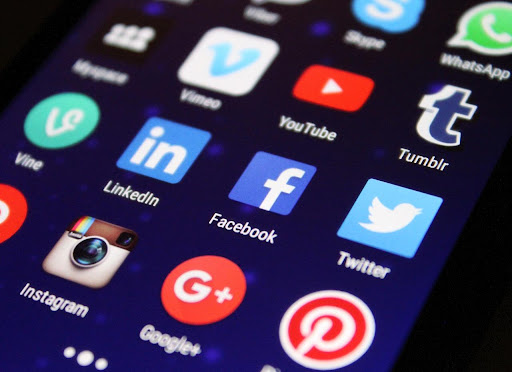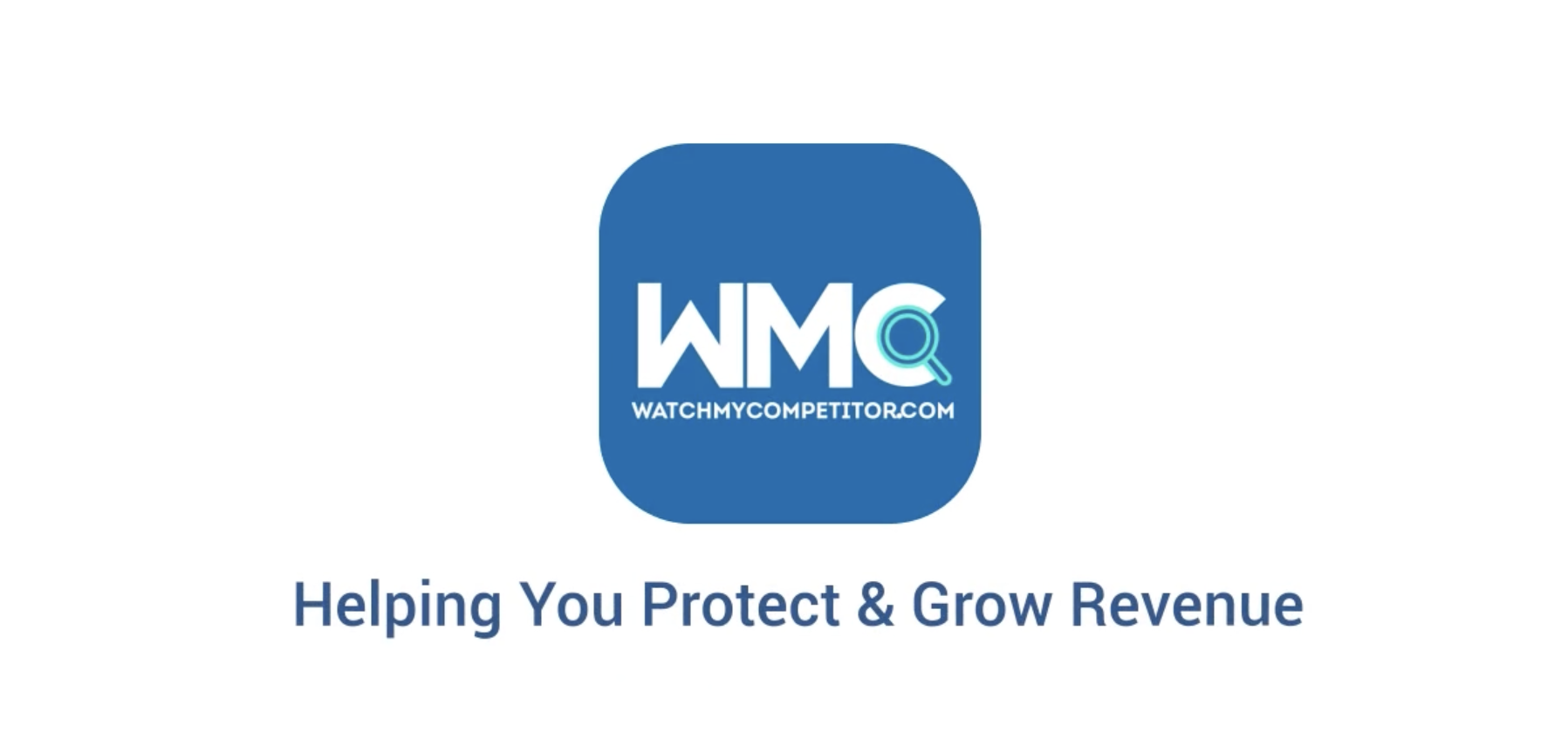Social listening vs social monitoring – why is this topic important for marketing professionals in 2023?
In today’s rapidly evolving digital landscape, where every tweet, post, and comment holds the potential to shape a brand’s destiny, understanding the intricate dynamics of social media engagement has become paramount.
As marketing professionals, social media executives, brand managers and social media experts navigate this complex realm, the tools of ‘Social Listening’ and ‘Social Monitoring’ emerge as indispensable guides.
Where confusion can creep in is when trying to understand the fundamental differences between these two approaches and deciphering which one aligns best with your strategic goals.
In this article, we delve into the nuances of social listening vs social monitoring, offering a full understanding of their roles, benefits and applications, to empower your brand’s social media prowess.

What Is Social Listening?
At its core, social listening transcends mere engagement tracking. It involves attuning your brand’s radar to the digital buzz, conversations, and sentiments pervading the online space. This encompasses monitoring brand mentions, audience conversations, industry trends and even competitor discourse.
Why Do Brands Use Social Listening?
Brands opt to use social listening as it offers a host of benefits. Just some of these include the ability to:
Understand your customers better
Social listening can help you understand what your customers are thinking and feeling about your brand, products, and services. This information can be used to improve your products and services, create better marketing campaigns, and build stronger relationships with your customers.
Identify growth opportunities
Social listening can help you identify new opportunities for growth by tracking industry trends, competitor activity and customer feedback.
Respond to customer feedback quickly
Social listening can help you respond to customer feedback quickly and effectively. This can help you build trust and loyalty with your customers.
Improve your marketing campaigns
Social listening can help you improve your marketing campaigns by identifying the right target audience, creating relevant content and measuring the results of your campaigns.
What Is Social Monitoring?
While social listening casts a wide net over the digital ecosystem, social monitoring hones in on a specific domain. It involves diligent tracking of predefined keywords, phrases, or hashtags related to your brand or industry.
Unlike social listening’s holistic approach, social monitoring is laser-focused and ideal for tracking the immediate reverberations of a marketing campaign, product launch, or event. It aids in assessing engagement metrics, sentiment trends, and identifying potential crises in real time.
Why Do Brands Use Social Monitoring?
While social listening casts a wide net over the digital ecosystem, social monitoring hones in on a specific domain. It involves diligent tracking of predefined keywords, phrases or hashtags related to your brand or industry.
Unlike social listening’s holistic approach, social monitoring is laser-focused and ideal for tracking the immediate reverberations of a marketing campaign, product launch, or event. It aids in assessing engagement metrics, sentiment trends, and identifying potential crises in real time.
Why Do Brands Use Social Monitoring?
Social monitoring also brings benefits to brands. Just some of the reasons that they tap into this are:
Precision
Social monitoring allows brands to focus on specific keywords or hashtags, so they can quickly and easily see what people are saying about their brand, products, and services. This information can be used to fine-tune marketing campaigns, identify new opportunities, and manage customer feedback.
Early warning system
Social monitoring can also serve as an early warning system for brands. By tracking mentions of their brand, products, and services, brands can quickly identify any negative sentiments or controversies that could damage their reputation. This allows brands to take action quickly to mitigate the damage.
Agile campaign management
Social monitoring can help brands to manage their marketing campaigns more effectively. By tracking the results of their campaigns, brands can see what is working and what is not. This information can be used to make changes to their campaigns in real-time, ensuring that they are getting the most out of their marketing budget.
Targeted success
Social monitoring can help brands to achieve targeted success. By understanding what their target audience is saying, brands can create marketing campaigns that are more likely to resonate with them. This can lead to increased sales, brand awareness, and customer loyalty.
Social monitoring is a powerful tool that can help brands to improve their products and services, grow their businesses and manage their reputations.
Social Listening Vs Social Monitoring: The Key Differences
Although not mutually exclusive, there are still major differences between social listening and social monitoring:
Scope and breadth
Social listening encompasses a broad spectrum of data, from industry trends to competitor insights, providing a holistic view of the digital landscape. On the other hand, social monitoring focuses on specific keywords, enabling precise tracking of campaigns and real-time events.
Strategic insights
Social listening extracts valuable insights about audience perceptions, market trends, and competitor strategies. It informs long-term strategies and fosters innovation. Conversely, social monitoring caters to immediate tactical adjustments, ensuring campaigns remain on course.
Actionable intelligence
Social listening generates actionable recommendations based on a deep understanding of audience sentiments and preferences. Social monitoring, while providing real-time data, is more inclined toward swift reactions and responsive measures.
Social Listening VS Social Monitoring: Choosing the Right Option
The choice between social listening and social monitoring hinges on your business goals and resources. For a comprehensive strategy encompassing audience understanding, trend analysis and competitive benchmarking, social listening is the ideal route.
On the other hand, if your focus is swift campaign assessment, real-time engagement tracking and immediate crisis management, social monitoring is the agile approach.
Final Thoughts
In the fast-paced world of social media, where every interaction carries significance, the power to decipher trends, conversations and sentiments can redefine your brand’s trajectory. Whether you embark on the expansive journey of social listening or harness the nimbleness of social monitoring, your choice can shape your brand’s narrative in the digital realm.
At WatchMyCompetitor, we empower your social media acumen with cutting-edge tools and insights, ensuring you stay ahead of the curve in this ever-evolving landscape.
Social Listening Vs Social Monitoring FAQs
What technologies are used in social listening and social monitoring?
Both social listening and social monitoring rely on various technologies and tools to gather and analyse data from social media platforms. These tools can range from simple keyword trackers to sophisticated AI-driven analytics platforms.
Common technologies used include social media monitoring software, sentiment analysis tools, data visualisation platforms, and machine learning algorithms to process and interpret the vast amounts of data generated on social media.
How can social listening and social monitoring benefit customer service?
Social listening and social monitoring play crucial roles in enhancing customer service. Social listening allows brands to proactively identify and address customer concerns, feedback, and complaints in real time.
This fosters customer satisfaction and loyalty by showing that the brand cares about its customers’ opinions and needs. Social monitoring, on the other hand, helps brands promptly respond to customer inquiries and issues, preventing potential crises and maintaining a positive brand image.
Can social listening and social monitoring be used for lead generation?
Yes, both social listening and social monitoring can be used for lead generation. By tracking keywords related to specific products, services, or industries, brands can identify potential leads who are discussing relevant topics online.
Engaging with these individuals in a meaningful way can lead to new business opportunities and conversions. Social Listening can provide insights into the pain points and needs of potential leads, enabling brands to tailor their approach and offerings accordingly.








